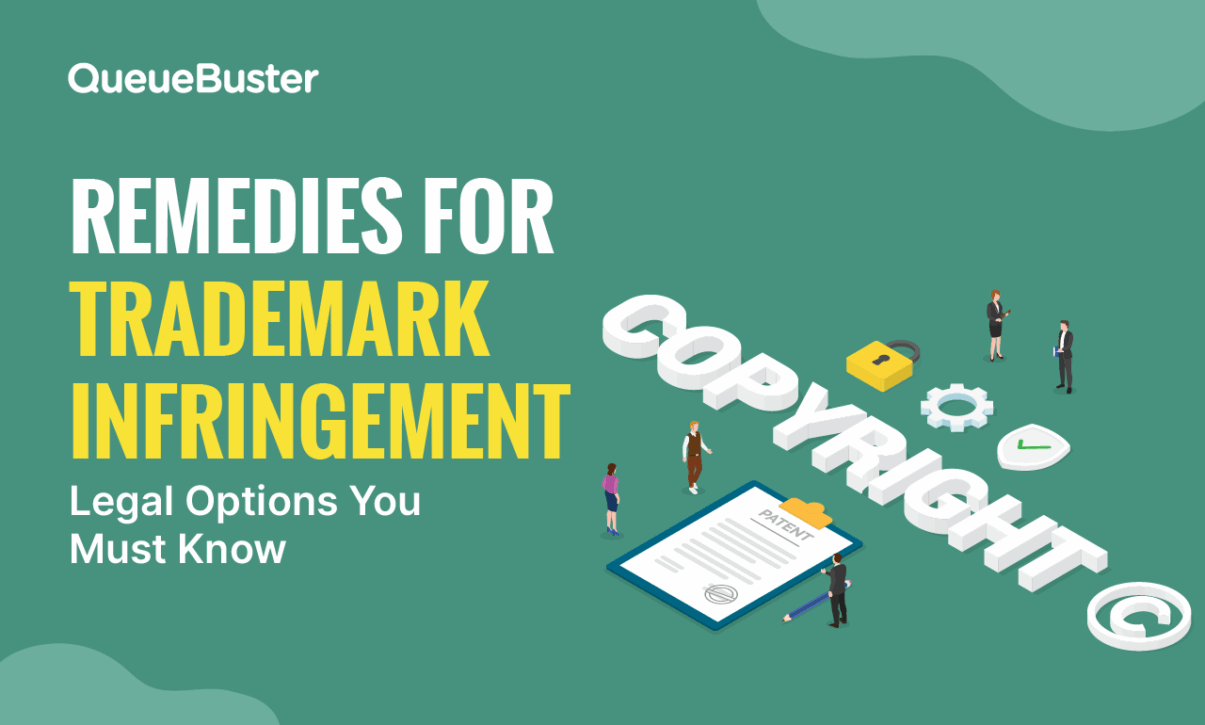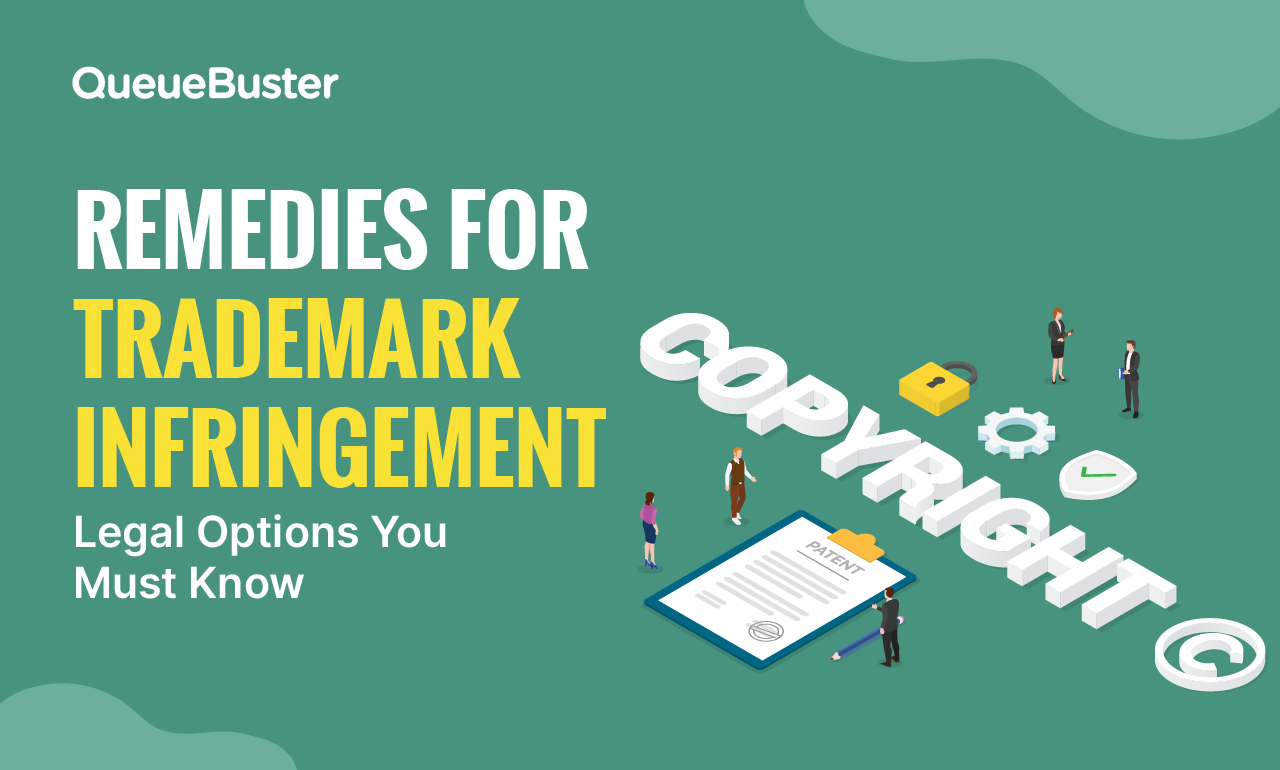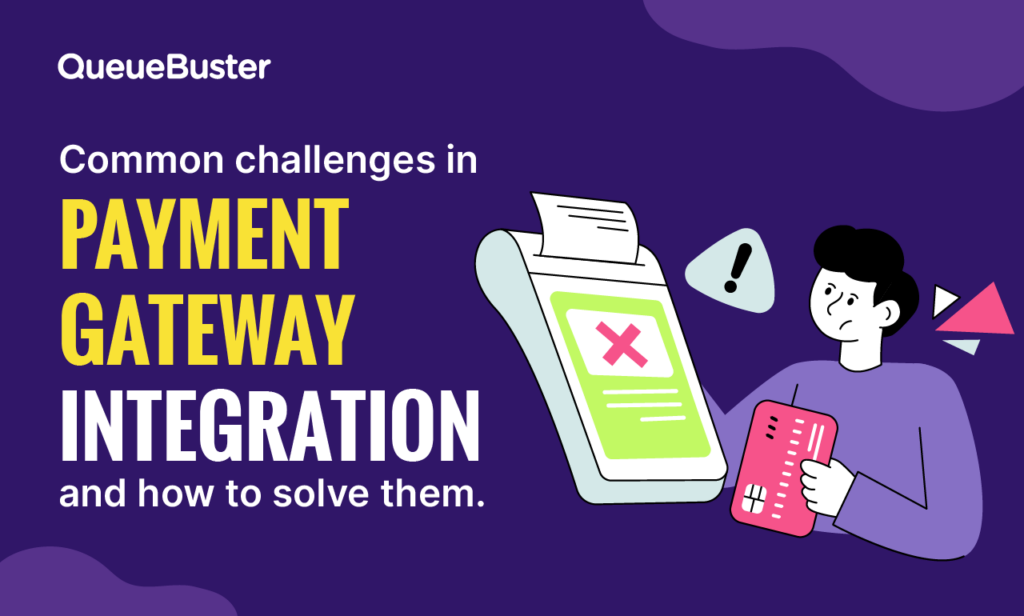
Remedies For Trademark Infringement
Remedies For Trademark Infringement

By Charu Gupta Published: October 21st, 2025
The highly competitive and brand-conscious market segment in India is growing rapidly, amidst this acceleration, protecting your business identity and saving yourself from trademark infringement becomes crucial. Whether you’re running a startup, a digital-first brand like a neo bank, or even a small business listing products via a POS billing software, your trademark is your most valuable asset. But what if someone starts using your brand name or logo without permission?
If you’re Googling “what to do if someone uses my brand name in India” or “legal remedy for trademark infringement,” you’re not alone. In this blog, we’ll cover what trademark infringement is, how you can take action, and what legal remedies are available in India.
What Is Trademark Infringement?
Trademark infringement happens when someone uses your registered trademark or a deceptively similar mark without authorization in a way that may cause confusion among consumers. This can involve your:
- Brand name
- Logo
- Tagline
- Product packaging
- Domain name
For example, if you own a registered trademark for your neo bank app, and another fintech platform starts using a similar name or visual identity to mislead users, you can take legal action.
Common Signs of Trademark Infringement
You might be dealing with trademark infringement if:
- Another business uses a name/logo confusingly similar to yours
- Customers are mistaking their services for yours
- There’s visible damage to your reputation or revenue
- Your search engine traffic is being diverted
- Their brand appears in app stores or social media in ways that mislead consumers
Legal Remedies for Trademark Infringement in India
If you detect infringement, here are your main legal options:
1. Cease and Desist Notice
The first step is usually sending a legal notice demanding that the infringing party stop using your trademark. This can:
- Help resolve issues without going to court
- Act as evidence of your attempt to settle the matter amicably
- Set the stage for legal escalation if needed
Even if your trademark is not yet registered, you can still send a cease and desist notice based on prior use.
2. Civil Remedy – Injunction and Damages
If the infringer does not comply, you can file a civil lawsuit under the Trade Marks Act, 1999 in a district court or high court.
You can claim:
- Permanent or temporary injunction to stop the usage
- Monetary compensation for damages and loss of goodwill
- Delivery of infringing goods for destruction
- Account of profits made through the misuse of your trademark
3. Criminal Remedy
Trademark infringement can also be treated as a criminal offence under Indian law.
You can file a criminal complaint which may result in:
- Fines up to ₹2 lakh
- Imprisonment for up to 3 years
- Seizure of counterfeit goods
This is especially useful in cases of counterfeit products or deliberate fraud.
4. Administrative Actions
You can also:
- File a complaint with online marketplaces (Amazon, Flipkart, etc.)
- Request domain takedown under INDRP (for .in domains)
- Report to Google or Meta for takedown under their IP infringement policies
These remedies are faster and cost-effective, particularly if the infringer operates online.
Preventive Measures: How to Protect Your Trademark
- Register your trademark under the Trade Marks Act, 1999
- Conduct regular brand monitoring (online, marketplaces, social media)
- Use ™ or ® symbols appropriately
- Use NDAs and IP clauses in all business contracts
- Act quickly the moment infringement is detected
Why You Should Act Fast
The longer you wait, the harder it becomes to prove:
- Ownership
- Loss of goodwill
- Confusion among consumers
Search engines and marketplaces also act faster when evidence is clear and timely.
Final Thoughts
Trademark infringement can severely damage your brand’s reputation, trust, and profitability. Businesses that cater to a large set of customers and use devices for quick billing, payment integrations etc. must protect their trademark. Fortunately, Indian law offers strong remedies, from legal notices to full-blown lawsuits and even criminal action.
Whether you’re a neo bank building a digital-first brand, a D2C founder, or a freelancer running a growing business, protecting your trademark isn’t optional, it’s essential.
Also Read:
Popular Posts

Common Challenges in Payment Gateway Integration and How to Solve Them
In today’s digital-first marketplace, businesses across the UAE rely heavily on seamless […]

Why Cloud POS Is Gaining Higher Market Share in the UAE
The UAE’s retail and hospitality landscape is evolving at a rapid pace. […]